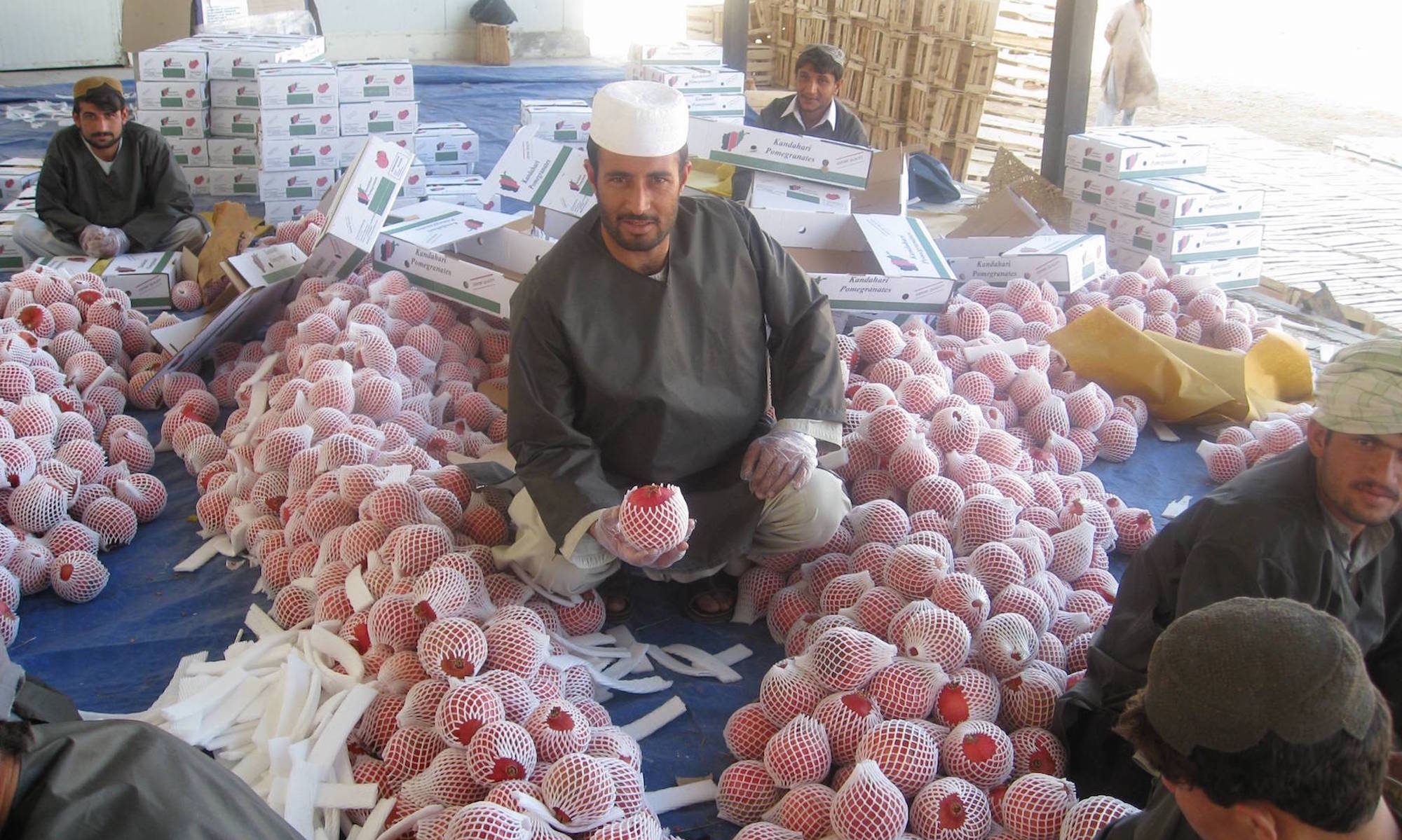The victory by the Sri Lankan government over the LTTE in 2009?apparently ended over 25 years of civil war. However, the ramifications of the government’s counter-insurgency go far beyond Sri Lanka’s domestic politics. The military campaign against the LTTE poses a significant challenge to many of the liberal norms that inform contemporary models of international peace-building – the so-called ‘liberal peace’. This article suggests that Sri Lanka’s attempts to justify a shift from peaceful conflict resolution to counter-insurgency relied on three main factors: the flawed nature of the peace process, which highlighted wider concerns about the mechanisms and principles of international peace processes; the increased influence of Rising Powers, particularly China, in global governance mechanisms, and their impact on international norms related to conflict management; and the use by the government of a discourse of counter-terrorism and counter-insurgency to limit international censure. The article concludes that the Sri Lankan case may suggest a growing contestation of international peace-building norms, and the emergence of a legitimated ‘illiberal peace’.

INSCT Postconflict Research Database
The Institute for National Security and Counterterrorism's Postconflict Research Database & Analysis Project stores cross-indexed bibliographic information on hundreds of journal articles, books, book chapters, and case reports that address the broad, interdisciplinary fields of postconflict reconstruction, stabilization, and peacebuilding.
47 Replies to “The Failure of a Liberal Peace: Sri Lanka’s Counter-insurgency in Global Perspective”
Comments are closed.